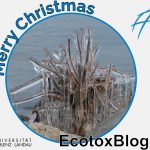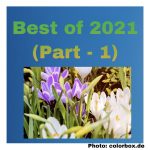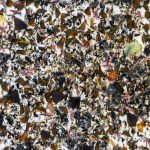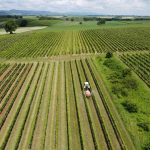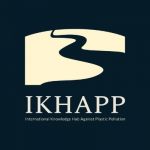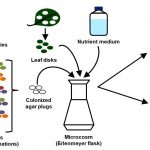On the occasion of the festive season, the blogteam of EcotoxBlog and the Institute of Environmental Sciences (iES) at the University of Koblenz – Landau wishes its readers and blog contributors a merry and joyful Christmas!
Continue readingThe mistletoe season is here again: Merry Christmas!
